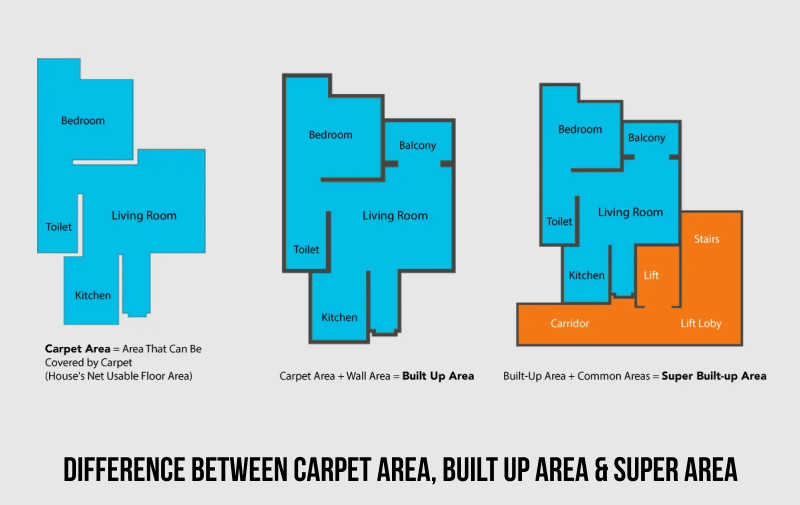Who is entitled to a share when a person dies without making a will?
 Once a grieving family gets over the death of a loved one, the battle for division of assets of the deceased begin. It is quite unfortunate but true. There have been many bitter family feuds because of assets accumulated by a loved one over the years. Quite often we believe that there are no claimants to our property and hence making a will is redundant. However, it is quite surprising to know that there is actually a long list of people who can stake a claim at your property through kinship.
Once a grieving family gets over the death of a loved one, the battle for division of assets of the deceased begin. It is quite unfortunate but true. There have been many bitter family feuds because of assets accumulated by a loved one over the years. Quite often we believe that there are no claimants to our property and hence making a will is redundant. However, it is quite surprising to know that there is actually a long list of people who can stake a claim at your property through kinship.
Intestate situations
When an individual passes away without making a proper will, the condition is known as intestate. The following situations can be termed as intestate:
- Absence of a formal will
- An individual, B, has been named as the executor of a will without proper divisions being mentioned about the assets.
- Only a fraction of the wealth has been distributed in a will, while the fate of the rest remains uncertain.
- One of the beneficiaries mentioned in the will passes away. The complication arises regarding the unclaimed share of the property.
Intestate situations are usually resolved through the application of the laws of religion and state.
- Hindus, Buddhists, Jains and Sikhs are governed by the Hindu Succession Laws of property.
- Muslims are subject to the Mohammedan Laws of Succession of property.
- Those married under the Special Marriage Act (and thus not subject to either Muslim or Hindu laws of succession) are subject to Indian Succession Act. If a husband-wife duo belonging to the Hindu faith is married under the Special Marriage Act, then their assets are taken care of by Hindu Succession Act, rather than Indian Succession Act.
- Usually if one dies intestate and has Class I descendants’ viz. wife, children and mother, then the property is divided equally among them. Class I heirs such as children and grandchildren must be born of wedlock in order to be classified as lineal descendants.
- Individuals without any Class I descendants but with Class II heirs (father, siblings, their children etc.) have the property passed onto them.
- If an individual dies without any Class I or Class II legal heirs, then the property and assets are passed onto the Government.
The treatment of movable and immovable assets is different under property law
Movable assets or liquid assets such as mutual funds, stocks, post office certificates, bank balance, life insurance policies and other financial documents are usually transferred to the nominee of the policy. However, the nominee is considered to be a mere trustee of the corpus. If a claimant arises with stronger reasons to inherit the corpus, then the bank may decide to pass on the amount to him despite a nominee having been declared. To prevent such a scenario, a succession certificate has to be obtained from the high court or district court. It takes near about 6 months to get this done.
For immovable property such as flats and houses, the title of ownership passes to the city housing authorities. To transfer the ownership title in your name, you need to file an affidavit and produce the death certificate of the deceased along with other documents.
Not only is the process cumbersome, but the preparation for it is tedious too. A list of assets has to be prepared, encompassing non-liquid and liquid assets and then valued at the ongoing market rate. It can take almost a year for completion of the process.







